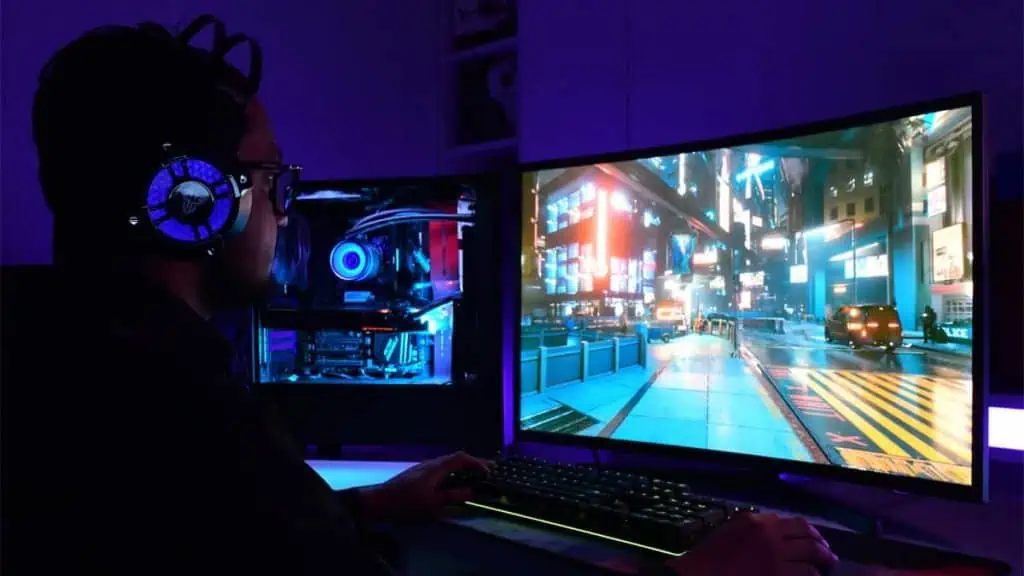Gaming PCs are well-specced and versatile enough to work for various use cases. But they don’t come cheap. These days, $1000 will get you a mid-range PC at best.
If you’re questioning whether a gaming PC is worth it in 2024, you’re not alone. The answer depends on your needs and usage habits.
If you’re big on gaming or plan to use your system to its full potential through other tasks, a gaming PC is absolutely worth it.
But some people are very casual with their PC usage and don’t need a beefy build. Looking into alternatives like consoles or gaming laptops would be the smart move here.
Are You Trying To Switch Over
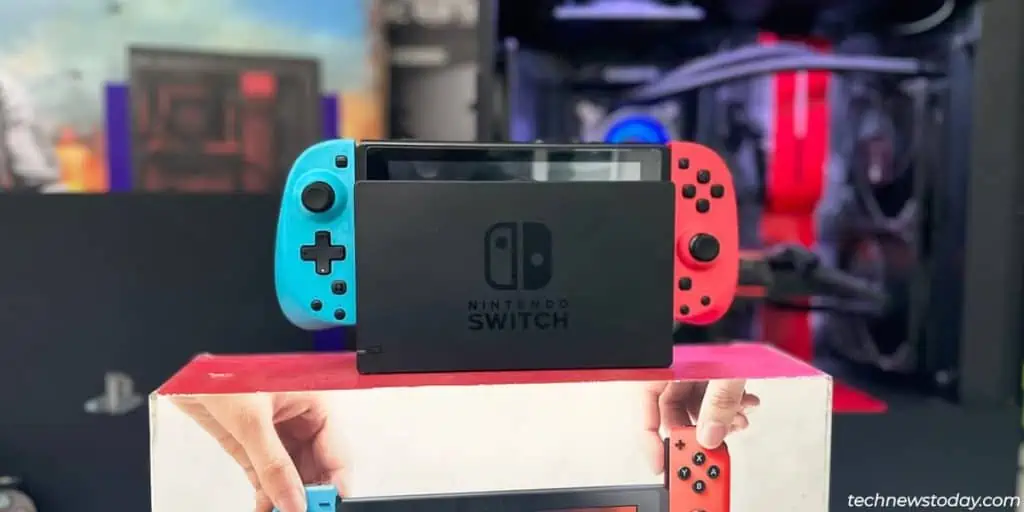
In my experience, it’s mostly console owners asking this question, contemplating whether they additionally need a gaming PC.
If you’re in a similar spot, ask yourself a few other questions:
- What benefits would you see by getting a gaming PC? (Better game selection, PC-exclusive titles, mods, performance, you can troubleshoot and fix most problems, useful for much more than just gaming, etc.)
- How important/worth it are these new benefits to you?
- How often do you currently game? If you barely touch your console as it is, an expensive gaming rig may not be the best idea.
What Do You Need the PC For
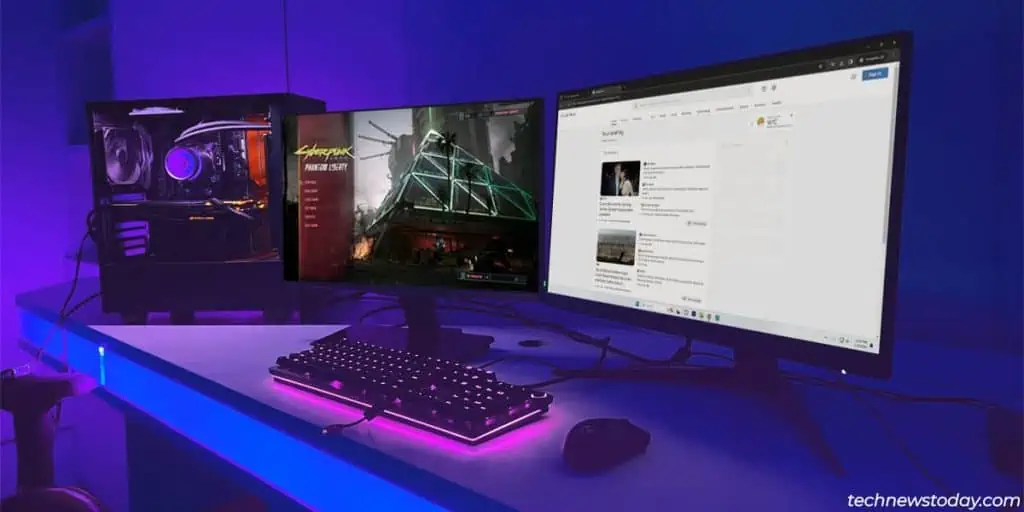
Many of us have also faced this dilemma when building a new system – will a regular PC or laptop be good enough for me or do I need to invest in a ‘gaming’ PC?
Well, at its core, a gaming PC is just a PC with high-end components. They may be built to run the latest AAA titles, but with the kind of specs they have, they can do just about anything else too.
Office work, streaming, photo/video editing, 3D rendering, music production, coding – you name it.
If you game a lot, want to max out the graphics, or want a competitive edge in online multiplayer games, a gaming PC is an excellent choice. Even when used purely for gaming, I felt that my build was worth every penny.
Over the years, I’ve also grown into hobbies like content creation. My gaming PC has worked flawlessly for photo, audio, and video editing. And in doing so, I’ve developed even more appreciation for the value it provides.
Main Reasons to Get A Gaming PC
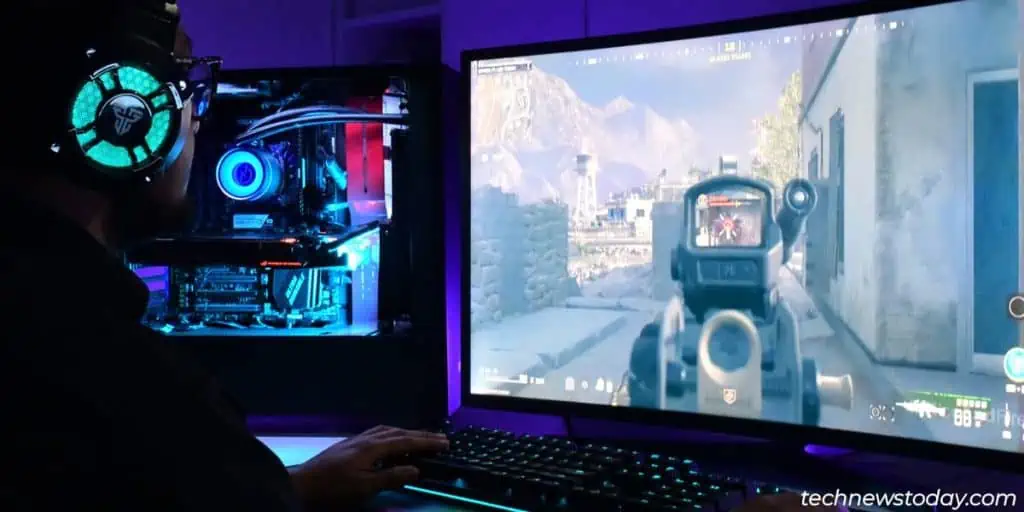
Versatility is one of the biggest advantages a gaming PC has over its competitors. But what if you’re planning to get a PC for gaming only?
Let’s talk about its main benefits regarding gaming, the community and culture, and the overall experience.
- The PC platform has the biggest selection of games available (particularly Indie ones).
- If you count emulators and PC ports, the library gets even bigger.
- If you want the highest resolution and FPS, gaming rigs are a no-brainer.
- Gaming on PCs is cheaper compared to other platforms like consoles (free online play, fewer pay walls, fewer subscription models, more sales, etc.).
- The game modding community is heavily concentrated on PC gaming.
- PCs are modular. You can customize your build according to your preferences (budget allocation, aesthetics, etc.).
- You can also upgrade/replace/repair individual components as required.
- You may be interested in the PC gaming culture and related communities (PC building, mechanical keyboards, overclocking, PC setups, etc).
Who Shouldn’t Get A Gaming PC
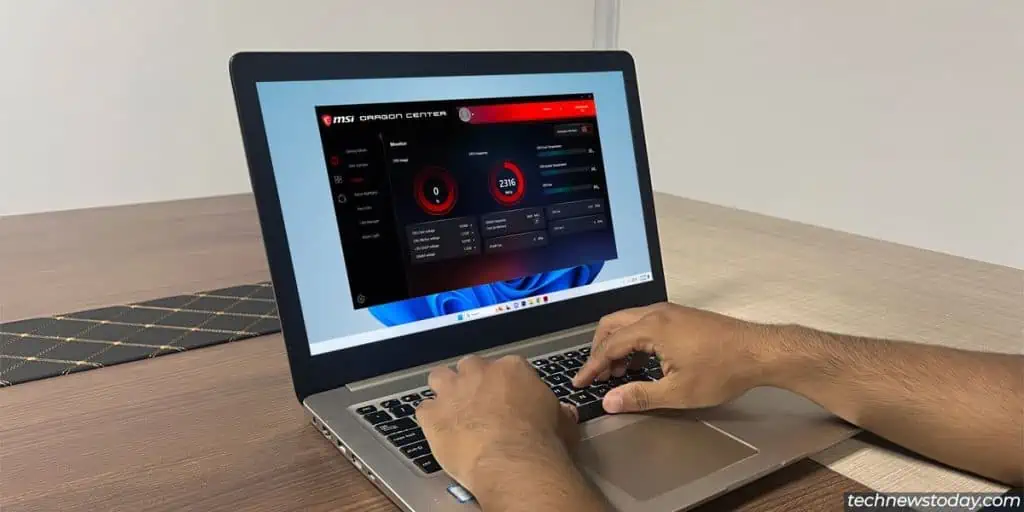
Despite how the typical gaming PC looks, it’s not all rainbows and sunshine. There are many reasons why a gaming PC may not be the best option for you.
- Gaming PCs are expensive.
- You may be a student or a remote worker who has to carry the PC around. While compact portable setups do exist, a laptop may be a better fit for you.
- You may not enjoy the technical aspects of building and maintaining a gaming PC (like troubleshooting problems).
- Most importantly, you may not need a gaming PC. A budget PC with a powerful APU could be an excellent cost-effective alternative.
- For instance, the Ryzen 5700G can run Cyberpunk 2.0 at a stable 30 FPS (1080p low). Most games and other tasks are not as GPU-intensive as Cyberpunk 2.0. It handles workloads like League of Legends, Witcher 3, light video editing, etc. with ease.
- So, if an APU performs well enough for your needs, you may not need a gaming PC. You can ditch the GPU and still have a very capable system at your disposal (while saving a ton of money!!).

